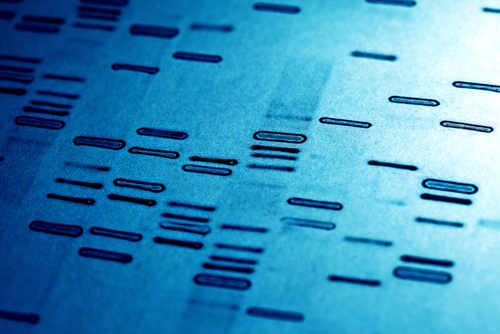Differential reporting of mixed DNA profiles

Differential reporting of mixed DNA profiles and its impact on jurists’ evaluation of evidence. An international analysis
While DNA analysis is considered by many the gold standard in forensic science, there is ample room for variation in interpretation and reporting. This seems especially the case when working with (complex) mixed DNA profiles. Two consecutive studies on differential DNA reporting were conducted. In Study 1, type and magnitude of differences when forensic DNA experts across institutes and jurisdictions are handed an identical forensic case with mixed profiles were examined. In Study 2, the impact of the observed differential reporting on jurists’ evaluation of the DNA evidence was explored.
19 DNA expert reports from forensic institutes across Western jurisdictions were obtained. Differences between the reports were many and include extensiveness of the reports, explanations of technical issues, use of explanatory appendices, level of reporting, use of context information, and, most markedly, type and substantive content of the conclusions. In Study 2, a group of criminal law students judged a selection of these reports in a quasi experimental study design. Findings show that these differing reports have quite different evidentiary value for jurists, depending on which expert authored the report. It is argued that the impact of differential reporting on jurists’ evaluation was so fundamental and substantive that it is seems reasonable to claim that in an actual court case it could make the difference between acquittal and conviction.
Read more in July 2016, Pages 71-82.
Credits picture: Shutterstock
Actuele berichten

